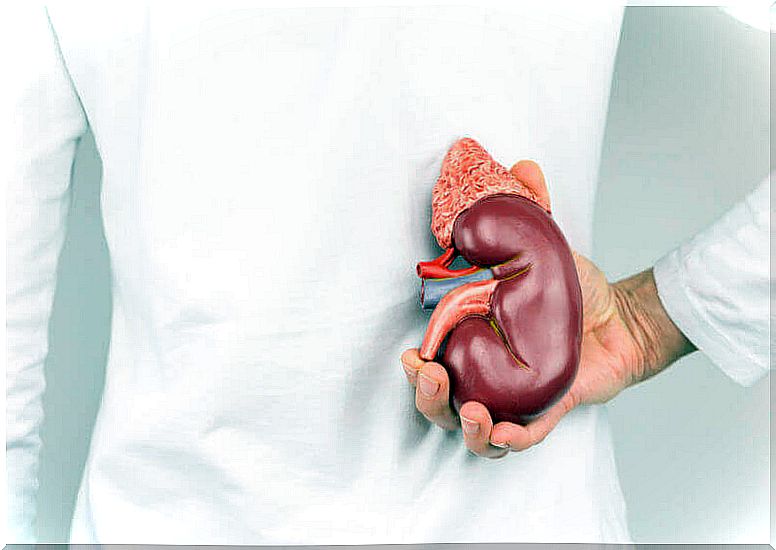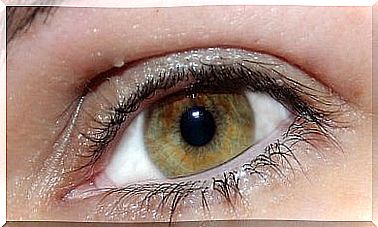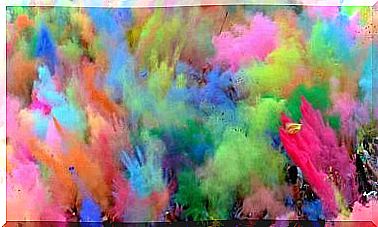Symptoms Of Kidney Disease
Knowing how to recognize the symptoms of kidney disease is essential in order to obtain an early diagnosis. Starting treatment as soon as possible contributes significantly to the improvement of the patient.

Did you know that most people with kidney disease are not yet aware of their problem? Although his health begins to deteriorate, the first symptoms are almost imperceptible or are confused with other common complaints. For this reason, many take time to go to the doctor.
Often times, these people only seek professional care when the condition has progressed to a higher level of severity. To avoid this dangerous delay, it is essential to know how it can manifest itself and when to consider going to the doctor for a checkup.
Signs of kidney disease
It is true that many of the warning signs that we will mention below can indicate other more common health problems, but the medical check-up should not be ruled out. Only then will it be possible to know the disease, the phase it is in and what treatment should be started.
Take into account the symptoms that we are going to comment on below and, if you suspect that something is not going well with your health, consult your doctor as soon as possible. A malfunction of the kidneys can compromise the health of other systems in the body, as indicated in a study published by The Lancet .

Urination changes
When kidney disease develops, urine output changes. Thus, the need to go to the bathroom at night increases, or the expulsion of liquid decreases. You may also notice foamy and dark urine, bleeding, and burning when urinating.
Swelling
Malfunction of the kidneys affects the ability to remove fluids from the body, as indicated in an MSD Manual publication detailing the symptoms of chronic kidney failure. Since they are retained in the tissues, an inflammatory process occurs that causes swelling of the legs, face and other parts of the body.
Keep in mind that, although there are several ways to eliminate retained fluids, if this symptom occurs regularly, you should mention it to your doctor.
Fatigue

When healthy, the kidneys make a hormone called erythropoietin. It is responsible for the body creating red blood cells, those responsible for transporting oxygen to the blood. As the kidney organs fail, the production of this hormone also decreases.
As a result, the muscles and mind tire faster than usual. Patients have no energy or desire to do anything, they sleep a lot, they are exhausted, weakened and exhausted, without much effort.
Short of breath
Fluid build-up due to kidney failure can cause shortness of breath or breathing difficulties. Extra fluids can get trapped in the lungs, making it difficult for them to function.
Also, poor kidney function affects anemia, which also triggers this symptom. This is confirmed by a study conducted in children with kidney problems that was published by Current Medical Research and Opinion .
Skin rash or itching
Wastes from the blood are eliminated through the kidneys. When these don’t work properly, waste builds up in the bloodstream and can cause severe itching, as detailed in a Medline Plus article .
Metallic taste in the mouth or ammonia breath
When waste builds up in the blood – what is called uremia – the taste of food can change and, according to research published by the Chilean Medical Journal , halitosis can appear.
Also some patients find that they no longer like the taste of meat or that they lose weight because they have no desire to eat. The taste in the mouth at any time of the day is unpleasant and does not go away even with toothbrushing, swish or gum.
Nausea and vomiting

Due to the accumulation of toxins, the digestive system is disturbed. Therefore, kidney disease can be accompanied by nausea, vomiting, and loss of appetite, according to the sources cited above. In fact, many patients begin to lose weight dramatically.
Dizziness and trouble concentrating
Circulatory problems that lead to or derive from kidney malfunction can cause dizziness, especially in hemodialysis treatments, according to a study published by International Urology and Nephrology .
On the other hand, research published by the American Journal of Nephrology states that chronic kidney disease can also cause difficulties in concentration and other cognitive functions.
Feel very cold
Low red blood cell production due to kidney disease can compromise circulation and affect body temperature. Because of this, those affected may feel cold, even when the environment is warm.
Back pain, a symptom of kidney disease
When kidney disease begins to get complicated, the patient experiences pain in the abdomen and sides of the body. In general, this symptom occurs with infections and the formation of kidney stones. However, consider that it can also be simple muscle tension.
Do you suspect kidney disease? Consult with your doctor
Are you having several of the mentioned symptoms? If so, then consult your doctor as soon as possible. Remember that the sooner you do the studies, the faster you will get a diagnosis and appropriate treatment, which in turn will prevent your quality of life from being impaired.









